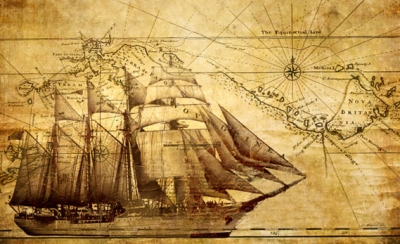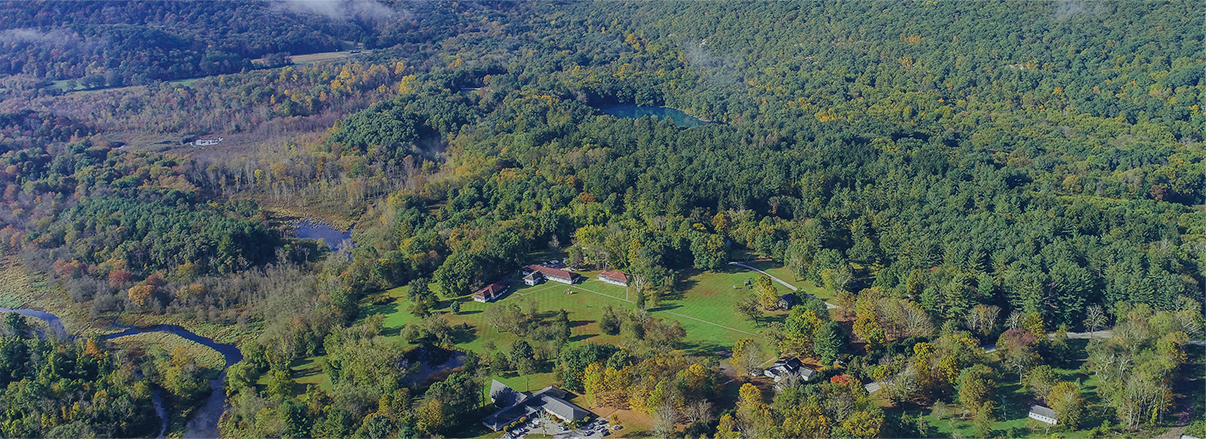Beginnings of Modern Mission: William Carey

The following is an excerpt from the book 'Highlights of Christian Mission: A History and Survey' by Harold R. Cook:
William Carey was that man in the midlands of England, he was typical of English youth of that day in that he had very little formal education. But he had an insatiable desire to learn and a dogged firmness of purpose. He said, "I can plod... To this I owe everything."
While apprenticed to a cobbler he experienced a conversation that took him from the state church into a despised group of the Independents, the Particular Baptists. In his intense desire to learn, he often borrowed books he could not afford to buy, returning them after mastering their contents. Among other things he became an expert botanist. Languages seemed to fascinate him. In order to study the Bible better, he went beyond Latin to learn Greek and Hebrew. Then he added Italian, Dutch, and French.
One book, the journal of the great English explorer, Captain James Cook, had an unusual effect on him. The discovery of savage tribes in the Pacific who knew nothing of Christ was a challenge to Christian action for Carey. In a sense it was his missionary call. He studied the Scriptures, concluding that it was the church's business to take these people the gospel.
Others did not agree. Carry had been ordained to the Baptist ministry, though he still worked to supplement his meager salary. It is told that at a ministers' meeting in Northamption he innocently suggested discussing "whether the command given to the apostles to teach all nations was not obligatory on all succeeding ministers to the end of the world, seeing that the accompanying promise was of equal extent."
The moderator became very irritated, according to one report. Calling Carry a "miserable enthusiast," he said, "Young man, sit down! When God pleases to convert the heathen, he will do it without your aid or mine!"
But Carey was not squelched. Gather a great store of information with amazing accuracy, he proposed to stir the church to recognize the need for mission. A pamphlet he produced has been called the most famous missionary tract of all time. He called it "An enquiry into the obligations of Christians to use the means for conversation of the Heathens."



